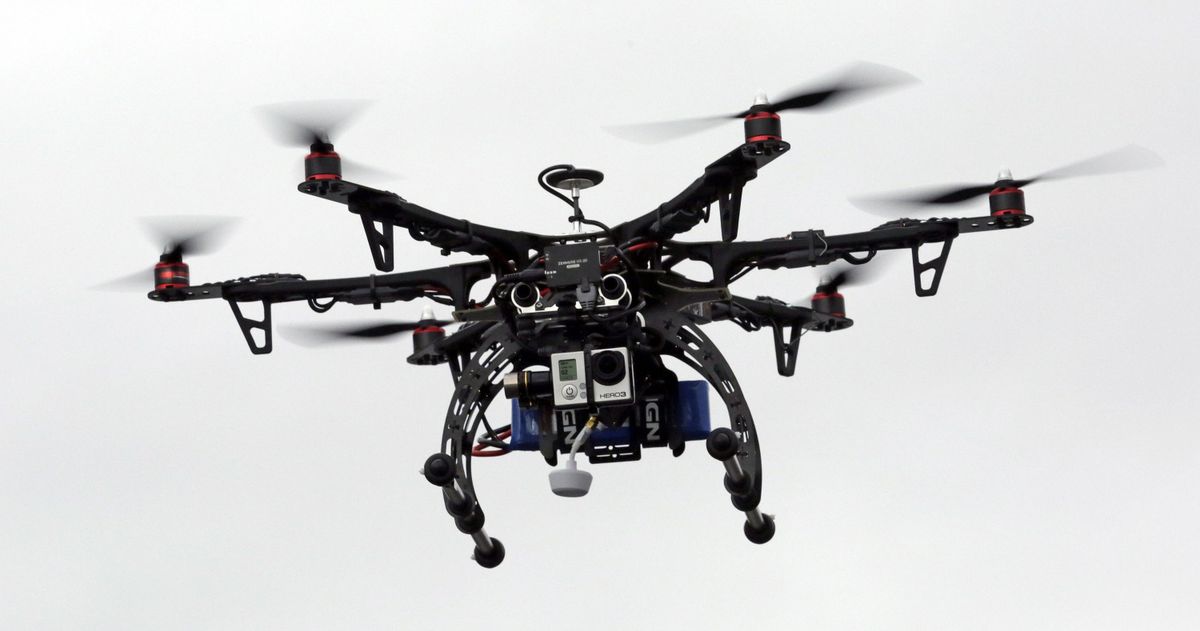Gear Junkie: Drone fliers more accountable under FAA registration

In February, the Federal Aviation Administration began enforcing registration requirements and regulations for small unmanned aircrafts, aka drones. The new rules, announced in December, create a degree of accountability for users of drones, including hobbyists and professionals alike.
It’s not a light topic. If you own and fly a drone you could be subject to “civil and criminal penalties if you meet the criteria to register a drone and do not register,” the FAA cites.
Fortunately, for nonprofessionals it’s easy to get official. Simply go online (registermyuas.faa.gov) and walk through the process.
Name, home address, and email are required, and then the FAA will generate a “Certificate of Aircraft Registration/Proof of Ownership” with a unique identification number. You attach this number to your aircraft.
The process was free until Jan. 20; since then a $5 fee applies. Enforcement began on Feb. 19.
Small toy-like drones are exempt. Your kid can still play with that little quad-copter in the backyard, but anything heavier than .55 pounds is within FAA jurisdiction.
On the other end of the spectrum, commercial users require a license. Anyone who makes money flying and filming with drones is under strict rules.
Commercial photographers are about to have a lot of bureaucratic hoops to jump through, and many operators are now contracting lawyers and specialty firms to wade through the licensing process. See the FAA breakdown beginning at registermyuas.faa.gov.
Congress has been debating further measures that could govern the use of drones.
Beyond licensing, for all drone users, the FAA provides tips for safe and legal flights. Drone flight is prohibited above 400 feet without special permission, for example, and anywhere near an airport is a no-drone zone.
You must maintain visual contact, and those using a video screen are advised to have a second person as a spotter. This lets a videographer focus on shooting without losing site of the small unmanned aircraft filming, buzzing, and cutting a path through the sky.
Note: Washington, Idaho and other states prohibit the use of drones as an aid to hunting.